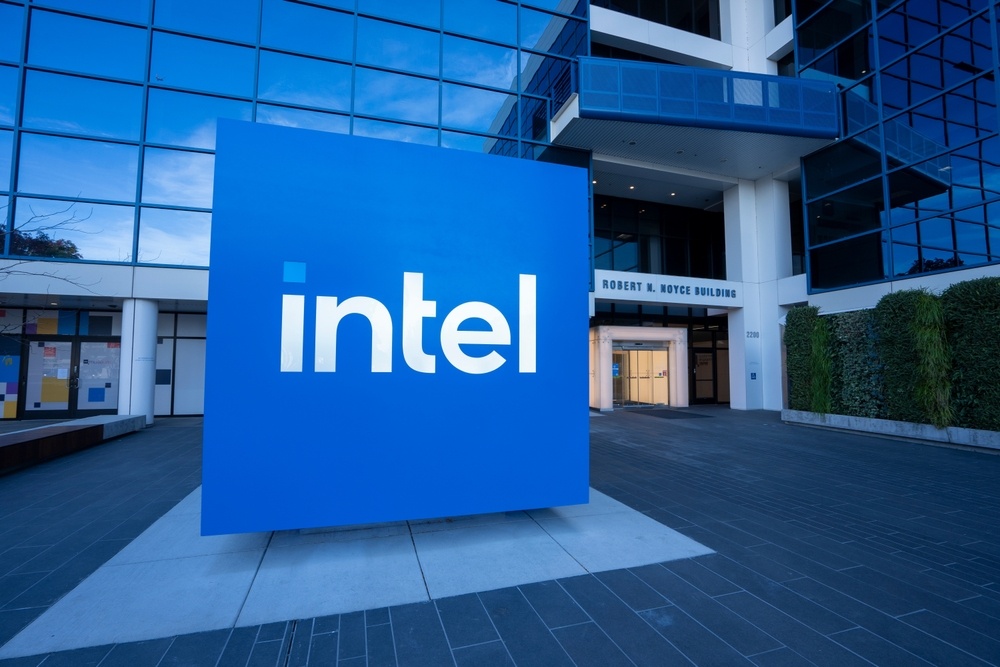Intel to Sell Altera's Shares, Strategic Adjustment Attracts Market's Attention
Intel plans to sell part of its Altera subsidiary to raise billions of dollars, which marks a major change in the company's strategic positioning.

Intel (INTC) is planning to sell part of its Altera subsidiary to raise billions of dollars.
The transaction is reportedly valued at about $17 billion, slightly higher than the price Intel paid for Altera in 2015 for $16.7 billion. This move indicates a significant change in Intel's strategic positioning of Altera. Just last month, Intel CEO Pat Gelsinger said Altera is a core part of the company's future development.
Sources revealed that Intel has approached several private equity funds and strategic investors this week to discuss the feasibility of selling Altera shares. Although Intel said it may retain a majority stake, it is also discussing the possibility of selling a higher percentage of shares. This move will help Intel quickly obtain much-needed cash flow to support its expansion plans in the semiconductor field.
Intel originally planned to raise funds by taking Altera public through an initial public offering (IPO) in 2026. However, if it accepts strategic investment or private equity injections, this plan will be greatly advanced. Selling part of Altera's shares will enable Intel to obtain cash flow in the short term, which is crucial for the company in the current market environment with intensified competition.
In recent years, Intel has faced multiple challenges, and its stock price has fallen sharply by more than 50% in 2023. In addition, in the AI chip market, Intel has been surpassed by its competitor Nvidia (NVDA), and its PC and data center businesses have also been fiercely competed by Advanced Micro Devices (AMD), resulting in a gradual loss of market share.
Under this market pressure, selling part of Altera's shares will not only help Intel reserve funds, but will also enable it to focus more on its core wafer manufacturing business.
In addition, Qualcomm (QCOM) has expressed interest in acquiring Intel, but this acquisition may face strict scrutiny from antitrust regulators. As the United States is about to hold a presidential election, Qualcomm is expected to decide whether to continue to promote the M&A plan after the election and the new government takes office.
In this context, Intel can reduce the risk of being acquired and demonstrate its independent operating capabilities in the semiconductor industry by increasing cash flow by selling Altera's shares.
To meet these challenges, Intel took a series of internal reform measures in 2023, including large-scale layoffs, capital expenditure cuts, postponement of plant construction plans in Germany and Poland, and closure of two-thirds of its offices worldwide.
In addition, Intel also established its foundry division as an independent subsidiary and repositioned Altera as an independent brand operation, which shows Intel's adjustment and flexibility in business strategy.
Disclaimer: The views in this article are from the original Creator and do not represent the views or position of Hawk Insight. The content of the article is for reference, communication and learning only, and does not constitute investment advice. If it involves copyright issues, please contact us for deletion.